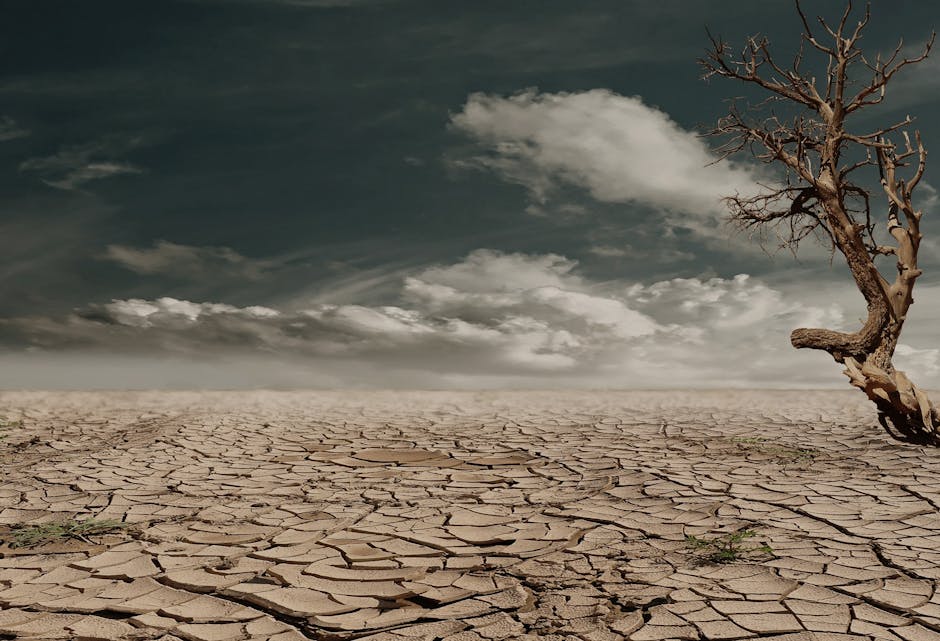We hear about global warming all the time, but what exactly is it? Simply put, it's the gradual increase in Earth's average surface temperature caused by human activities, primarily the burning of fossil fuels like coal, oil, and natural gas. This burning releases greenhouse gases, such as carbon dioxide, into the atmosphere. These gases trap heat, creating a "greenhouse effect" that warms the planet.
While the Earth's climate has naturally fluctuated throughout history, the current rate of warming is unprecedented. Scientists use various methods, including ice core samples and tree rings, to study past climate patterns. This data reveals that the current warming trend is significantly faster than anything experienced in the past, strongly suggesting human activity is the primary driver.
The consequences of global warming are far-reaching and impact various aspects of our planet. Rising temperatures are causing glaciers and ice sheets to melt, contributing to rising sea levels. This poses a threat to coastal communities and ecosystems. Changes in precipitation patterns are also occurring, leading to more intense droughts in some regions and increased flooding in others.
The increased frequency and intensity of extreme weather events are another significant concern. Heatwaves are becoming more common and severe, posing risks to human health. Hurricanes and typhoons are gaining strength due to warmer ocean temperatures, leading to more destructive storms. Wildfires are also becoming more frequent and widespread, fueled by hotter, drier conditions.
The impacts of global warming extend beyond the environment. They affect human health, economies, and social structures. Heat-related illnesses and deaths are on the rise. Changes in agricultural yields can lead to food shortages and economic instability. Displacement due to rising sea levels and extreme weather events can create social unrest and humanitarian crises.
Addressing global warming requires a multifaceted approach involving individuals, governments, and industries. Transitioning to renewable energy sources, such as solar and wind power, is crucial for reducing greenhouse gas emissions. Improving energy efficiency in buildings and transportation can also significantly contribute.
Individual actions also play a role. Reducing our carbon footprint through choices like using public transportation, consuming less energy at home, and adopting a more sustainable diet can collectively make a difference. Supporting policies that promote clean energy and climate action is also essential.
Global warming is a complex challenge, but it is not insurmountable. By understanding the science, acknowledging the impacts, and taking collective action, we can mitigate the effects of global warming and create a more sustainable future for generations to come. The time to act is now.

